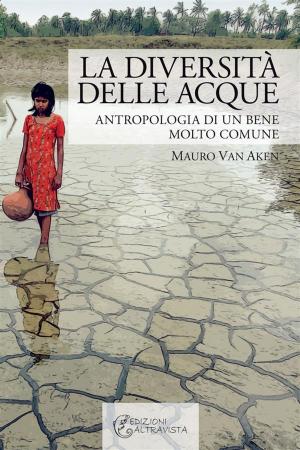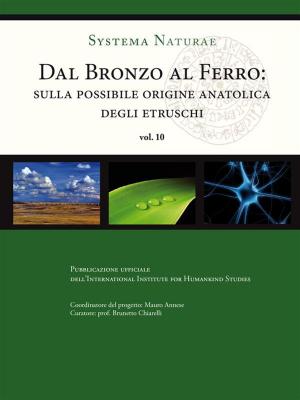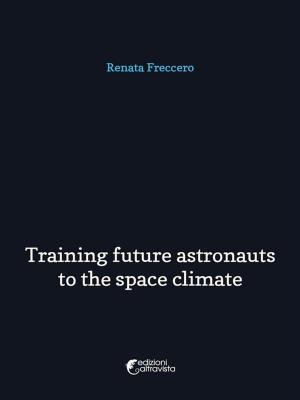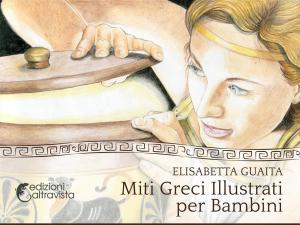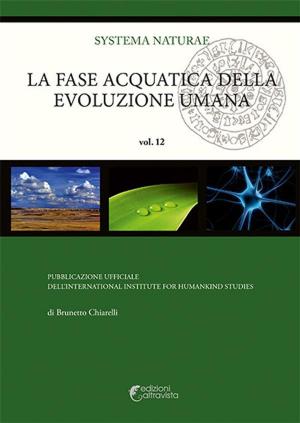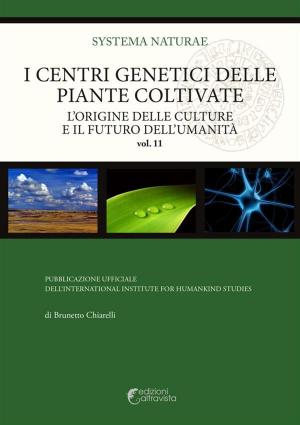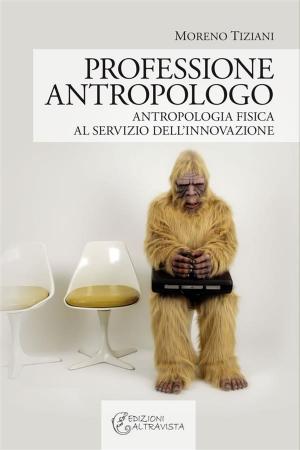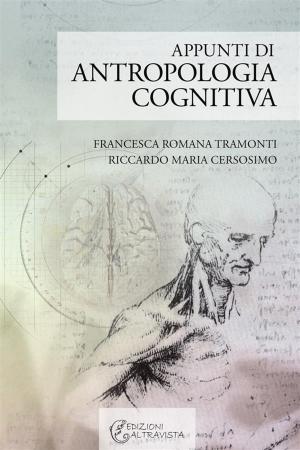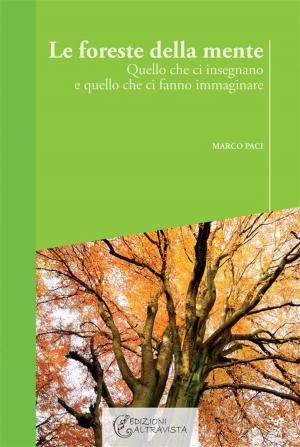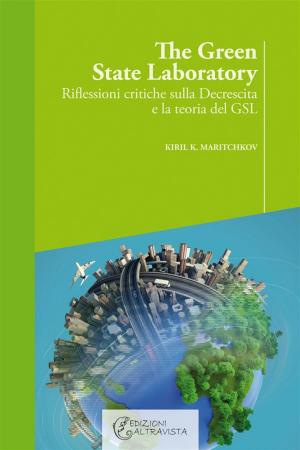The evolution of human intelligence
Nonfiction, Social & Cultural Studies, Social Science, Anthropology| Author: | Brunetto Chiarelli, Renata Freccero | ISBN: | 9788899688028 |
| Publisher: | Altravista | Publication: | December 13, 2016 |
| Imprint: | Language: | English |
| Author: | Brunetto Chiarelli, Renata Freccero |
| ISBN: | 9788899688028 |
| Publisher: | Altravista |
| Publication: | December 13, 2016 |
| Imprint: | |
| Language: | English |
The human body is a biological construction founded on the physical manifestation of the biological being, in which its cultural identity is a variable in continuous transformation subjected to the evolution of the intelligences. This article asks and answers a series of questions: what have been the procedures, the stimuli, and the mechanisms that have lead to the evolution of human intelligence? why has the increase in the quantity of cerebral material advanced, and how many rearrangements have come about in the organisation of the encephalon in the transition from Homo habilis to Homo sapiens? Can we reconstruct them? Is today’s situation stable, or will it be subject to further future differentiations? During his evolutionary process, man becomes revertebrated, he intervenes and changes the environment to his own advantage, but how many times has he redesigned his post-evolutionary strategies and split the species? What weight has education had in the process of coexistence among living systems, and to what extent can the intelligence be motivated by an education and a culture that are equal to their task?
The human body is a biological construction founded on the physical manifestation of the biological being, in which its cultural identity is a variable in continuous transformation subjected to the evolution of the intelligences. This article asks and answers a series of questions: what have been the procedures, the stimuli, and the mechanisms that have lead to the evolution of human intelligence? why has the increase in the quantity of cerebral material advanced, and how many rearrangements have come about in the organisation of the encephalon in the transition from Homo habilis to Homo sapiens? Can we reconstruct them? Is today’s situation stable, or will it be subject to further future differentiations? During his evolutionary process, man becomes revertebrated, he intervenes and changes the environment to his own advantage, but how many times has he redesigned his post-evolutionary strategies and split the species? What weight has education had in the process of coexistence among living systems, and to what extent can the intelligence be motivated by an education and a culture that are equal to their task?




